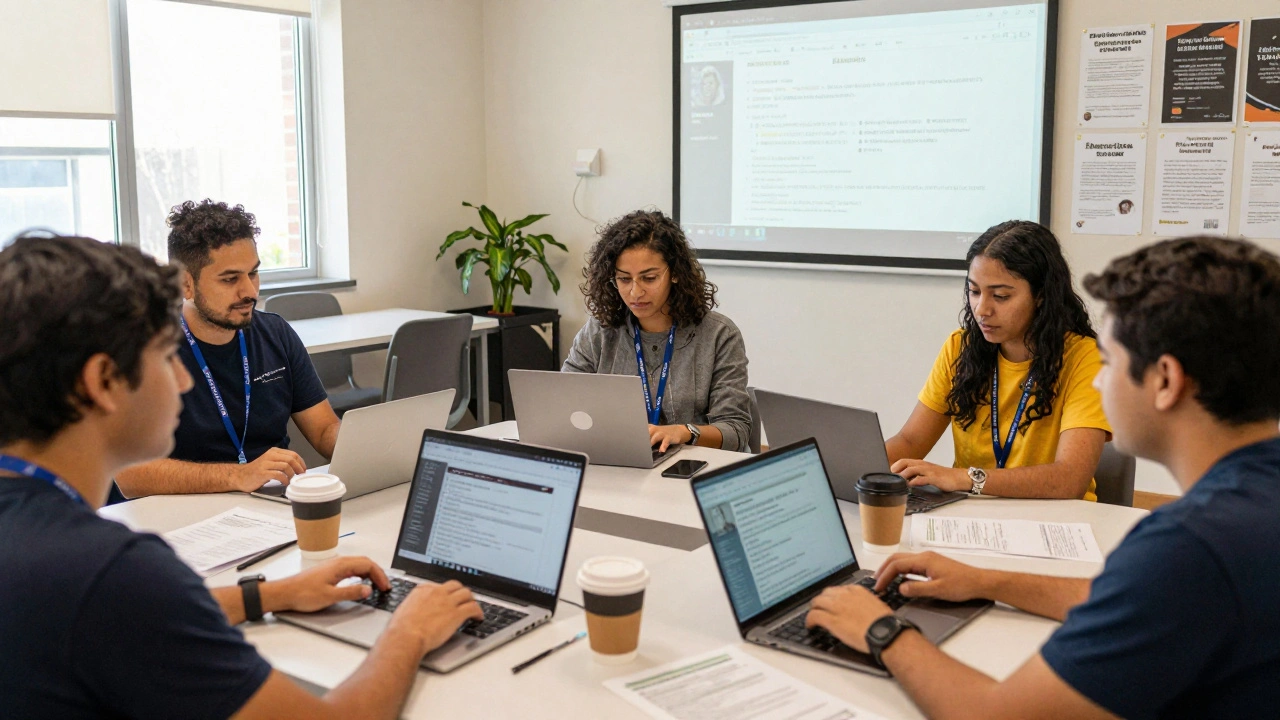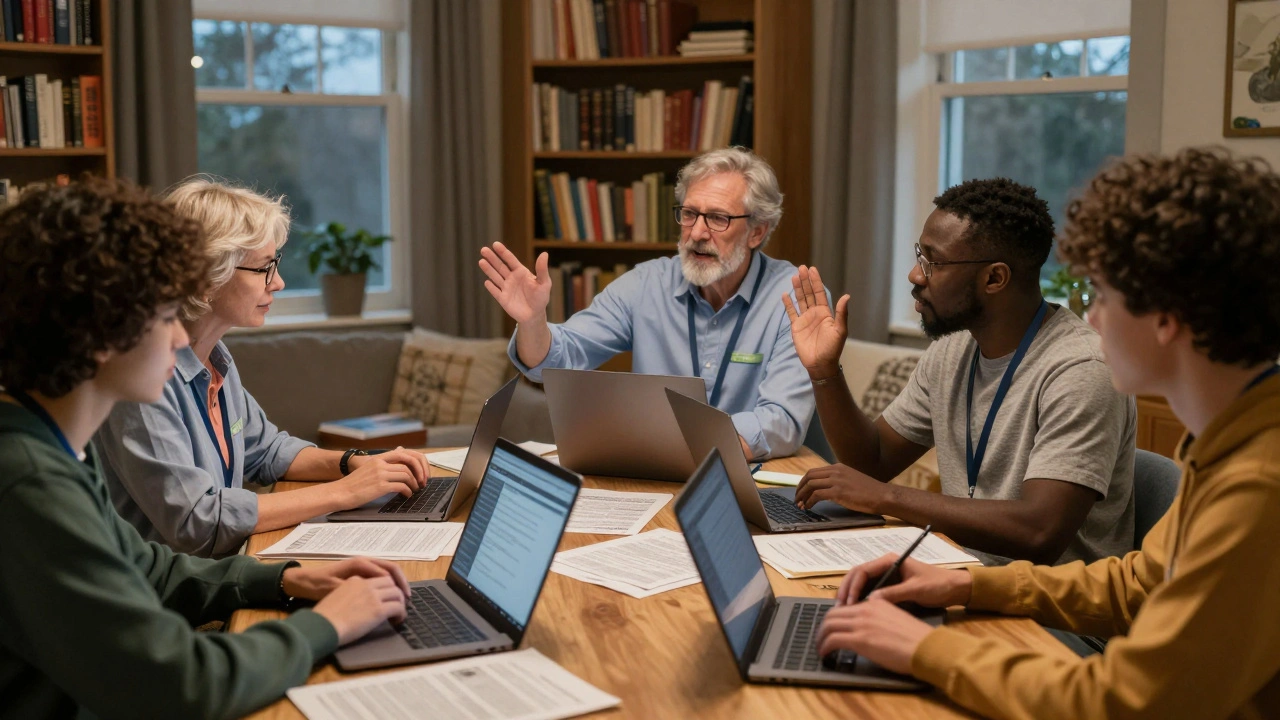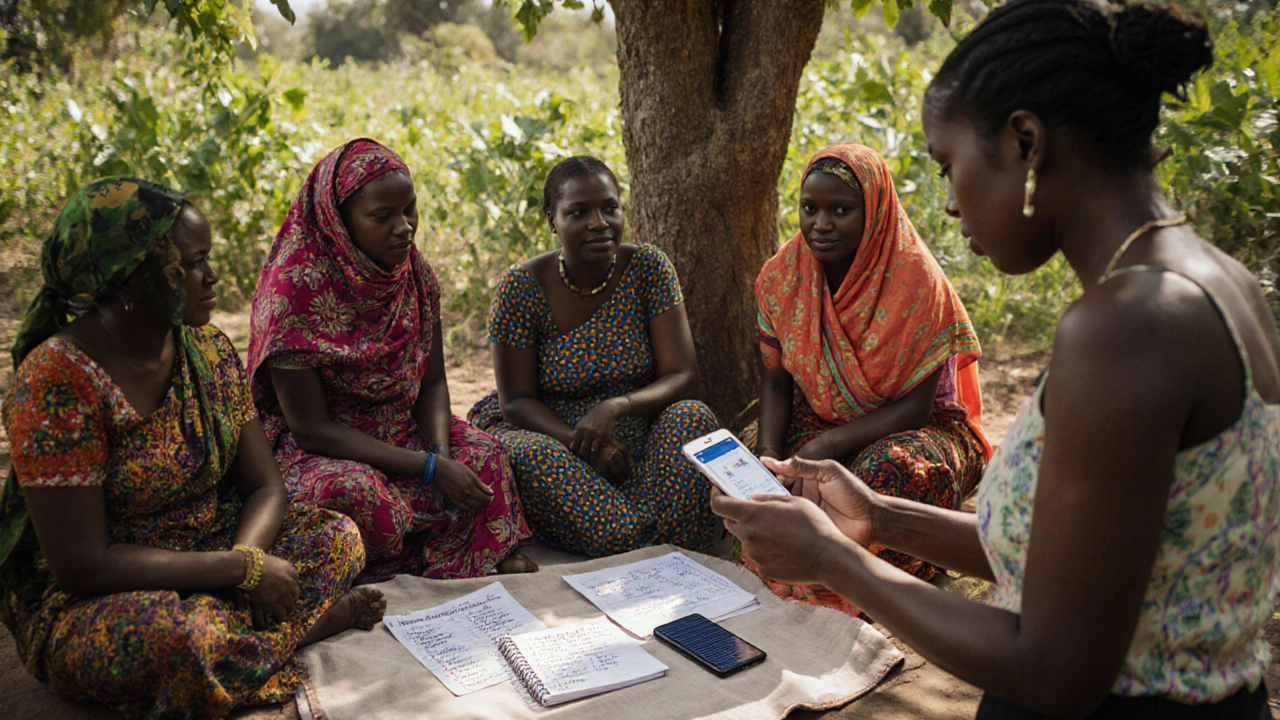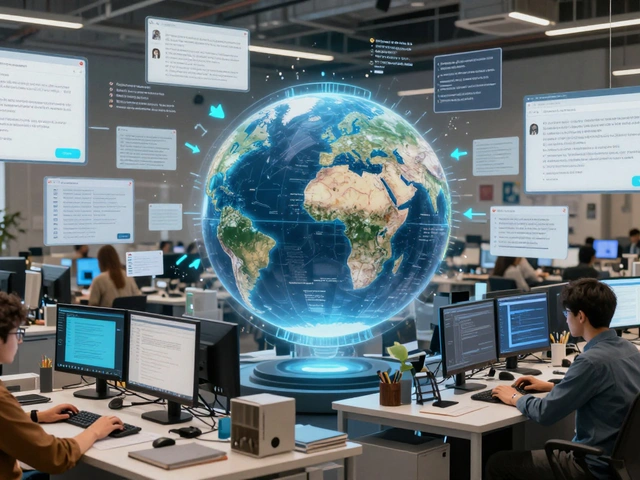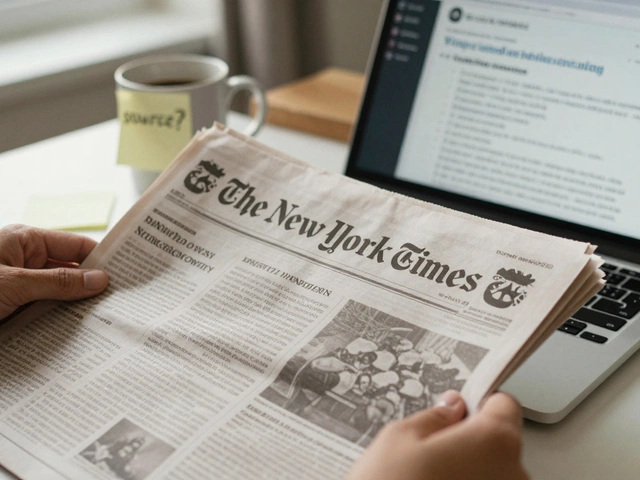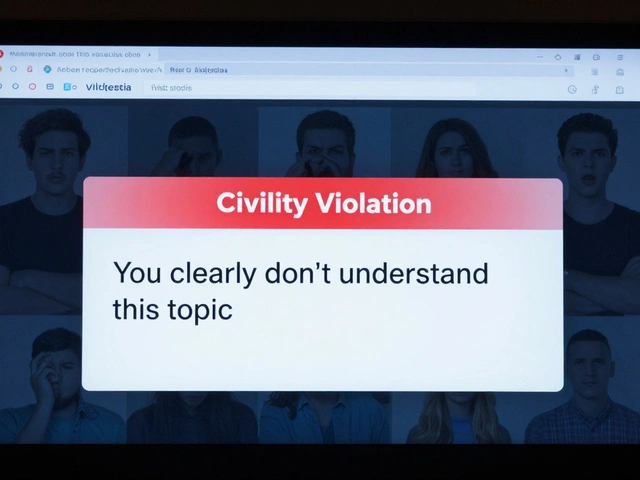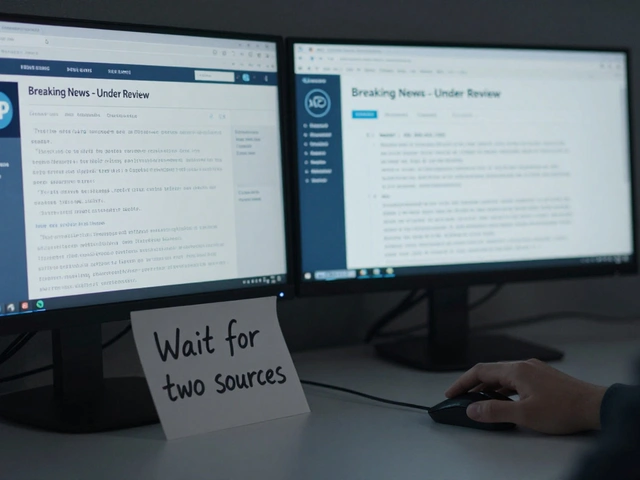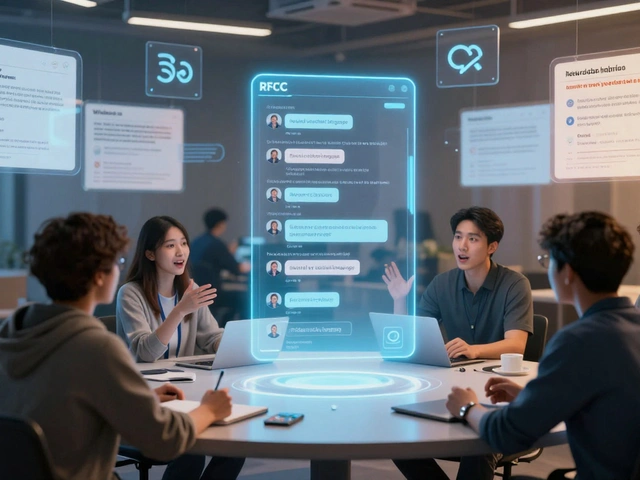Wikimedia grants: How funding powers Wikipedia volunteers and open knowledge projects
When you think of Wikipedia, you probably picture editors typing away in quiet rooms—but behind every article, especially in underrepresented languages or niche topics, there’s often a Wikimedia grant, a financial award from the Wikimedia Foundation to support community-driven projects that expand free knowledge. Also known as Wikimedia funding, these grants don’t pay for ads or corporate servers—they pay for translators, workshop organizers, photo archivists, and AI literacy trainers who make Wikipedia more inclusive and accurate. Without them, African language Wikipedias might not have grown so fast, and projects like WikiProject COVID-19 wouldn’t have had the resources to coordinate global fact-checking during a pandemic.
These grants aren’t handed out to big organizations. They go to real people: a teacher in Nigeria training students to edit Swahili Wikipedia, a retiree in Canada building annotated bibliographies for medical articles, or a small group in rural India organizing photo drives to document local heritage. The Wikimedia Foundation, the nonprofit that supports Wikipedia and its sister projects runs the grant system, but the decisions often come from volunteers who understand local needs better than any algorithm. This is how open knowledge stays grounded—it’s funded by principles, not profit. Related entities like volunteer editing, the unpaid, community-driven work that keeps Wikipedia alive and open knowledge, the idea that information should be free to use, share, and build upon rely on these grants to survive. You can’t scale global collaboration without money, and Wikipedia’s model refuses to take corporate cash—so grants are the lifeline.
Some grants fund tech tools that help editors track vandalism or verify photos. Others pay for travel to WikiConference North America, a gathering where volunteers plan how to make editing easier for older adults and Indigenous communities. A few even support research into how Wikipedia is used by journalists or how AI is changing content quality. These aren’t just checks in the mail—they’re investments in people who care enough to fix misinformation, add missing history, or teach others how to edit. The result? A Wikipedia that’s not just bigger, but fairer.
What you’ll find below is a collection of stories showing how these grants ripple outward: from turning a local idea into a continent-wide knowledge project, to helping an editor stay safe when they’re targeted online, to funding the tools that let volunteers spot fake news before it spreads. This isn’t about budgets—it’s about who gets to write the world’s encyclopedia, and how they’re supported when they do.
Wikimedia Grants: Rapid Fund Application Windows for Wikipedians
Wikimedia's Rapid Fund offers small, fast grants to Wikipedians for time-sensitive projects. Learn the application windows, eligibility rules, and how to craft a winning proposal for 2026.
Scholarships and Fellowships for Wikipedia Contributors
Scholarships and fellowships help Wikipedia volunteers edit better, reach more people, and keep the free encyclopedia alive. Learn how to apply and what these programs really offer.
How Wikimedia Grants Shape Wikipedia Community Projects
Wikimedia grants empower local communities to build and expand Wikipedia content in underrepresented languages and regions, driving real change in global knowledge access.
